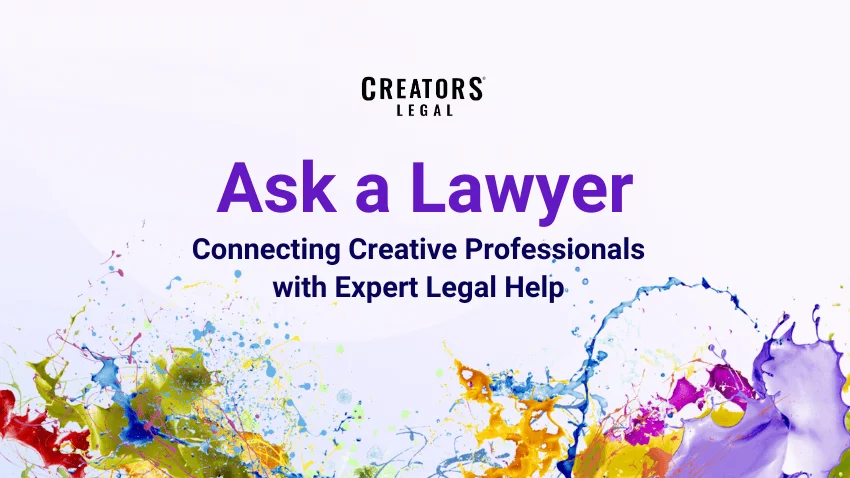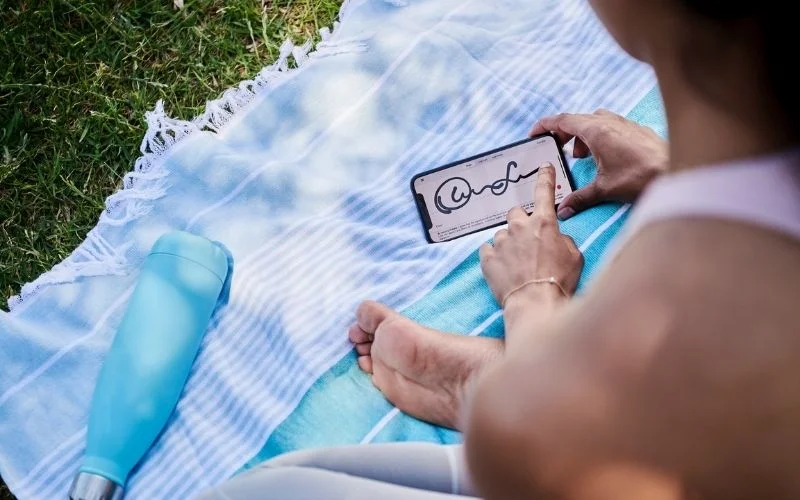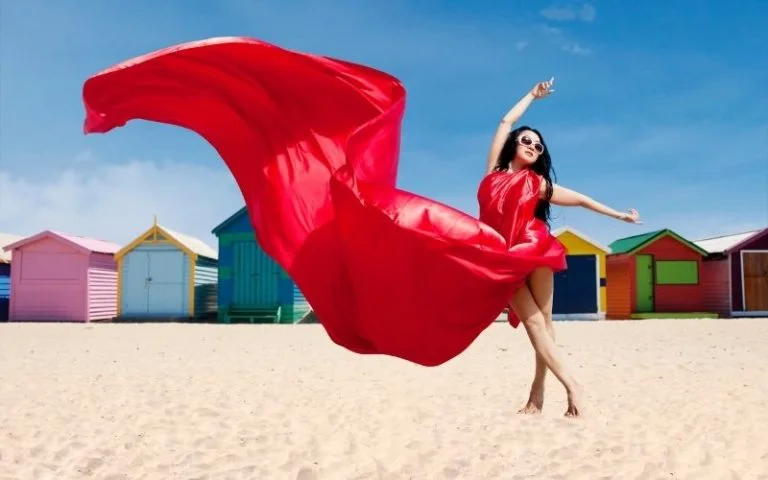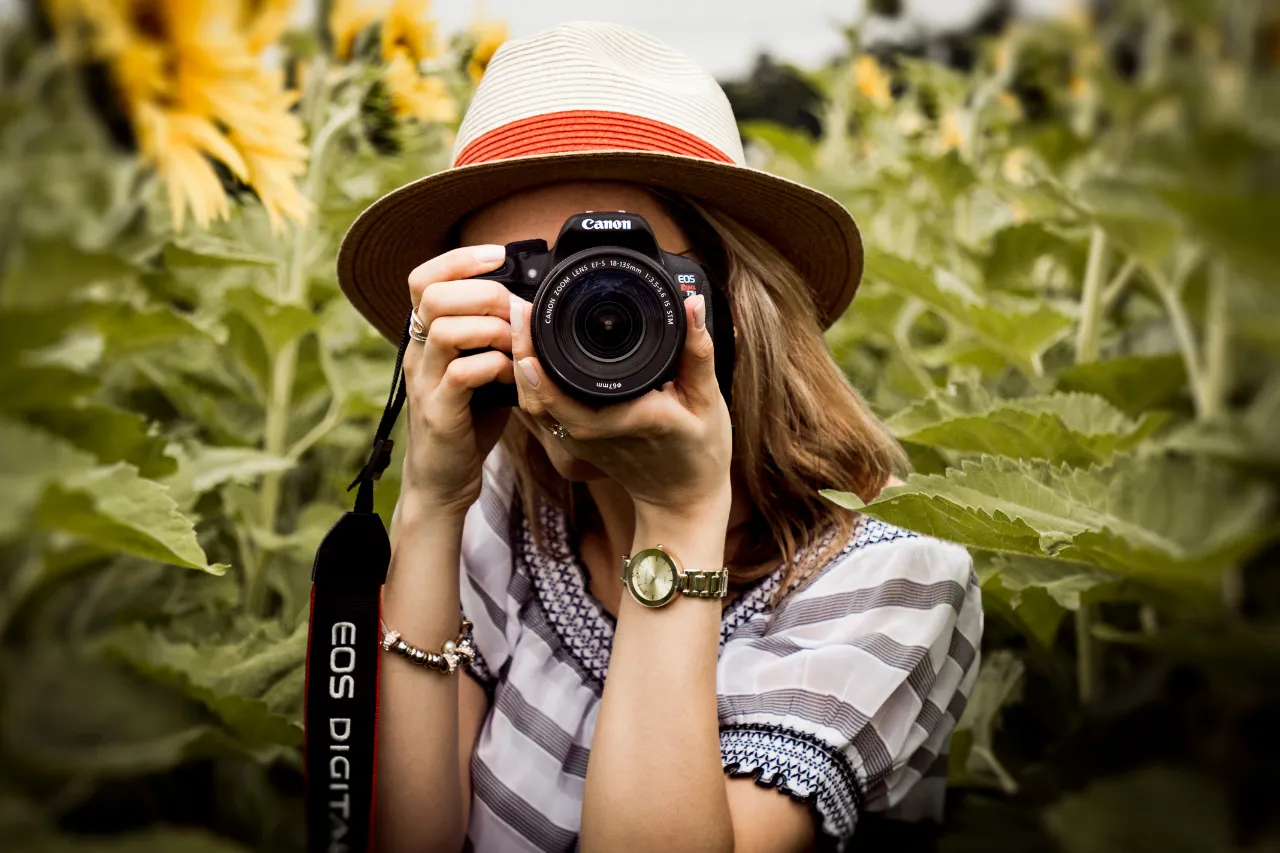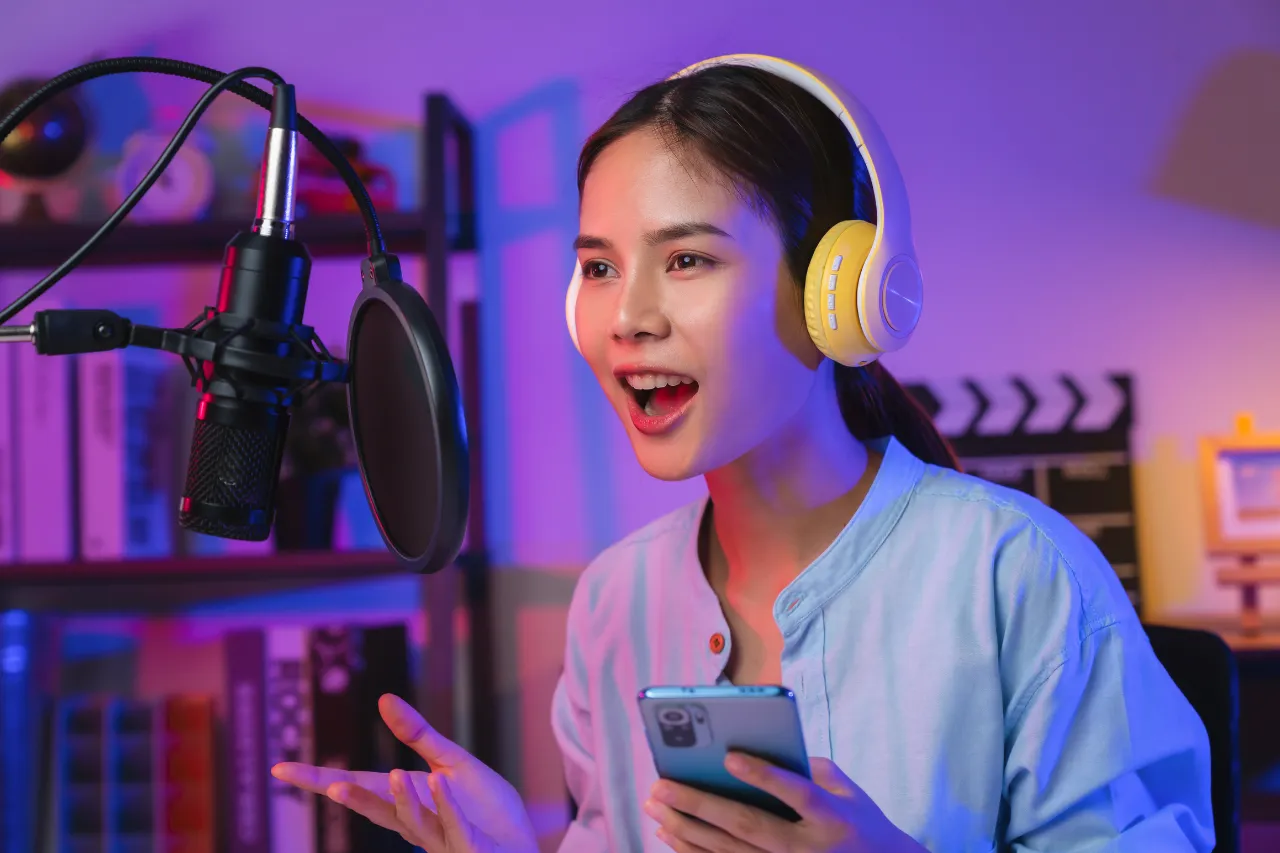Social media platforms are bustling with original creations, yet many creators are unaware of the legal intricacies that govern their work. With a complex set of laws and platform policies, it’s essential to comprehend your rights to protect your creations related with Social Media and Copyright. Also, to take an account the use others’ content responsibly.
Grasping Copyright Fundamentals
Copyright safeguards original works of authorship, including diverse intellectual works, both shared and kept private. Differentiating what copyright protects is critical for confident content creation.
- Original vs. Adapted Works: Original works are independently created, while adapted works draw from pre-existing creations.
- Fair Use Principle: This legal concept permits limited use of copyrighted material without obtaining permission for activities like commentary or education.
- Public Domain and Creative Commons: Copyright-free works are in the public domain, and Creative Commons licenses allow creators to specify how others may use their work.
Discerning between original and adapted works is crucial; an adapted work that heavily imitates an original without substantial transformation or commentary might infringe upon copyright. Additionally, Fair Use is not a blanket authorization but a legal defense reliant on the specifics of each use.
Social Media and Copyright Content
Even when posting to social media, copyright law applies. Whether sharing a quick sketch or an engaging video, here are points to consider:
Original Content on Social Media
Each platform has its rules, but typically, when you post original content on social media, you retain the copyright. Controlling how your content is utilized by others once online can be challenging.
Adapted Works and Fair Use on Social Media
Using copyrighted material, like performing a cover of a song or creating fan art, requires careful consideration of Fair Use principles. Each instance is unique and demands a deep understanding of the law.
Utilizing Public Domain and Creative Commons
Creators often use Creative Commons licenses, which vary from allowing all uses with proper credit to only non-commercial uses. Respecting these licenses when using others’ work is essential, as is considering such licensing for your content.
Social Media Platform Policies
Understanding the copyright policies of various platforms is necessary. A lack of awareness is not a valid excuse for accidental infringement.
Platforms like Facebook, Instagram, and YouTube
Social media sites have mechanisms like YouTube’s Content ID to identify and manage copyrighted content. Comprehending these systems and your rights when facing a claim is essential.
Terms of Service Agreements
By creating a social media account, you agree to the platform’s terms, which often contain copyright-related clauses. Reading and understanding these terms is vital, as they dictate the rights you grant the platform and the type of content you can share.
Responding to Copyright Infringement Notices
Receiving a copyright notice can be alarming, but it’s important to address it. Platforms offer procedures for responding to these notices, and knowing the steps to take is crucial in defending your work and your account.
Securing your intellectual property on social media is akin to safeguarding your home; it’s a necessary measure to protect your creative assets. By grasping copyright principles and platform policies, you’re not only preserving your rights but also honoring the rights of fellow creators.
Protecting Your Own Content
When you pour significant effort into creating something, it’s natural to want to safeguard it. To protect your content on social media, active steps and knowledge of available tools are essential.
Applying a watermark to your images or videos can discourage theft and simplify the process of proving ownership if required. Although not mandatory, copyright notices can act as a clear indicator of your ownership and the rights you reserve. If you find your work used without permission, it’s vital to respond promptly—contact the user or organization and request proper credit or the removal of your content.
Using Other Creators’ Content Responsibly
Creating content doesn’t necessarily start from zero. Often, you’ll incorporate work that has inspired you. But to use it without infringing on legal rights, you need to follow appropriate practices.
It’s essential to get permission before using someone else’s content, even if you believe your use may qualify as Fair Use. With permission granted, ensure to credit the creator as they’ve specified. It’s not simply polite; it’s a legal obligation in many instances.
Dealing with Copyright Infringement Claims
Receiving a copyright infringement claim can be daunting, but it doesn’t signify defeat. If faced with a claim, assess its legitimacy before acting. If the claim lacks merit, you have the option to submit a counter-notice. However, understand that this action could lead to legal proceedings, so you must be confident in your position.
Staying Informed and Updated
Copyright laws and social media policies are not fixed; they change over time. To protect your work and honor the rights of others, staying current with these changes is necessary.
Online resources and tools are available to help keep you informed. Joining communities of creators is also beneficial, as members often exchange knowledge and updates on legal and policy shifts.
Social Media and Copyright: As a Matter of Conclusion
In the vast world of social media and copyright, must be a focal point for content creators. By understanding and adhering to copyright laws and platform policies, you can protect your work and contribute to a respectful creative community.
With the correct information and resources, your journey as a creator can be successful, ensuring that your creations are both impactful and safeguarded. Your creativity has the potential to engage and inspire; protect it with the same dedication with which you create.
